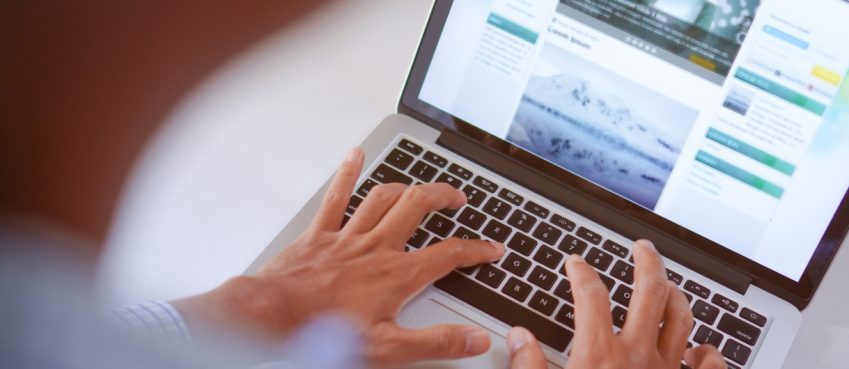
It can be easy to fall into a false sense of security when it comes to car accidents; many consider themselves to be more-than-competent at driving, and many have never seen an accident, let alone come close to one. But car accidents can occur for all manner of reasons and are more common than might initially seem. In the UK, around 60 serious injuries are suffered as a result of a car accident each day on average.
Knowing what to do in the event of an accident is of crucial importance, whether to take command of a potentially distressing scene or simply to stay on the right side of the law. Here are some of the things you should do to make the aftermath easier.
Immediately After an Accident
Your first priority in the event of being involved in an accident is to confirm the safety of yourself and your passengers. Stop your car quickly and safely if possible, and check yourself for injuries. If you have passengers, ensure they are also in a stable condition, before exiting the vehicle and checking on any others who may have been involved – whether pedestrians, cyclists, or people in another vehicle. If anyone seems to have been injured somewhat seriously, do not move them; neck and back injuries can be significantly worsened by attempting to move someone. Instead, call for an ambulance.
If any wreckage is blocking the road – or if you believe a criminal offence was committed such as impaired driving or a hit-and-run – also call for police presence. Police can manage traffic, and also adjudicate the scene by speaking to the parties involved.
Also read: New Bethesda’s Fallout 5: Is It Coming Or Not? AnsweredExchange Information
If another vehicle was involved in the accident, and both you and the driver of that vehicle do not require medical intervention, your next step should be to exchange information. This information includes insurance details and your name and address in the event that anyone was injured in the accident. Swapping details is crucial to the smooth handling of insurance claims.
When exchanging details, be careful with your words – you may feel it polite to apologise, even if the accident wasn’t your fault, but doing so can be considered an admission of fault and adversely affect your insurance claim. You should also endeavour to gather as much information as you can from the scene. Take the personal details of other passengers involved and of any witnesses; their statements may help you concerning the apportioning of fault in an insurance claim.
Contact Your Insurance
Phone your car insurance provider as soon as you can, or after you have collected information from other motorists if involved. Giving them as much information as possible as soon as possible can help – and also protect you in the event another driver makes a claim against your insurance without your knowledge.
Compensation
If you suffered a personal injury as a result of the incident, and the incident was not your fault, you may be entitled to compensation via a civil claim. Making a no win no fee claim can help navigate the legal process ahead of court, and also protect you against solicitor fees in the event that a court case does not rule in your favour. Mercifully, a considerable majority of personal injury claims are settled out of court.
Top 10 News
-
01
10 Exciting iPhone 16 Features You Can Try Right Now
Tuesday November 19, 2024
-
02
10 Best Anatomy Apps For Physiologist Beginners
Tuesday November 12, 2024
-
03
Top 10 Websites And Apps Like Thumbtack
Tuesday November 5, 2024
-
04
Top 10 Sites Like Omegle That Offer Random Video Chat
Monday October 21, 2024
-
05
Entrepreneurial Ideas To Make 5K In A Month (10 Realistic Wa...
Monday October 7, 2024
-
06
[10 Best] Cash Advance Apps Like Moneylion And Dave (No Cred...
Friday September 20, 2024
-
07
Top 10 Richest Person In The World
Tuesday August 27, 2024
-
08
Top 10 Unicorn Startups In The World (2024-25)
Monday August 26, 2024
-
09
Top 10 IT Companies In The World By Market Cap
Thursday August 22, 2024
-
10
[10 New] Best OnionPlay Alternatives To Stream TV Shows And ...
Tuesday June 11, 2024







